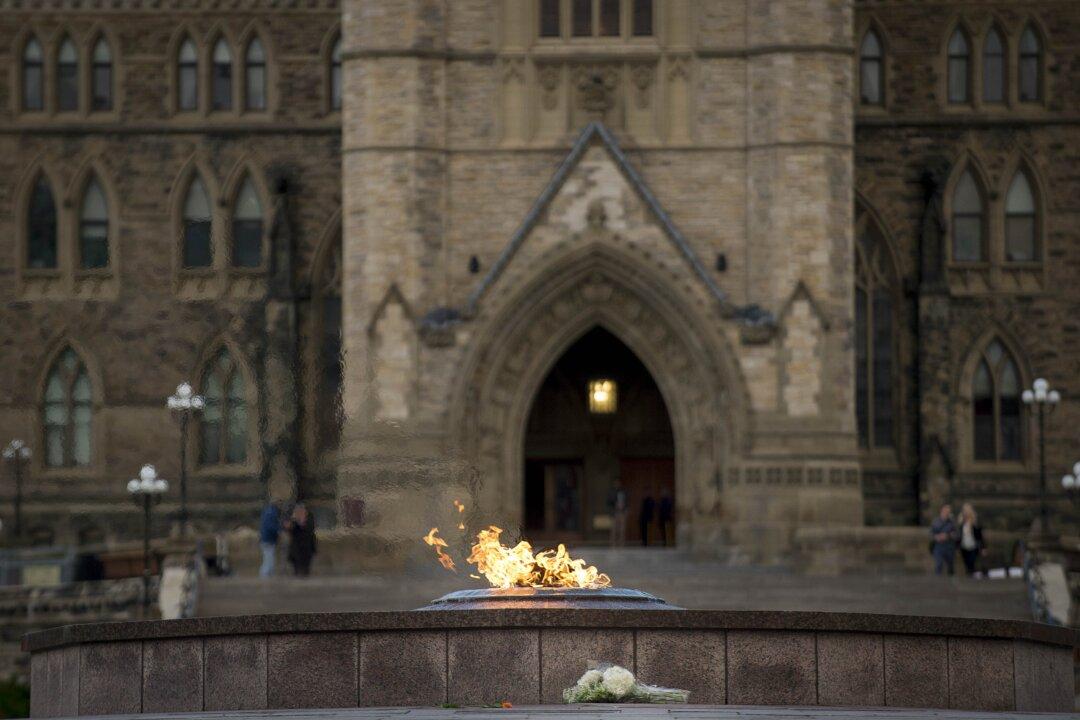2015 has been a dramatic year in elections around the world: old leaders were toppled, upstarts and novices seized the helm, and embattled governments somehow managed to cling on. Here, the experts who covered them take stock of what’s happened—and look at what’s in store for 2016.
Zambia: Praying for Rain
Stephen Chan, School of Oriental and African Studies (SOAS), University of London
Zambia’s 2015 election was triggered when the incumbent president, Michael Sata, died in office. Constitutionally, after a period of acting presidency by the vice president, Dr. Guy Scott—who, for a short time, had the distinction of being a white president of a black country—any chosen successor had to face the polls. Edgar Lungu was picked after a fractious process and ultimately beat off a strong challenge from opposition leader, Hakainde Hichilema.
Lungu’s time in office may be brief, since he was elected only to fill out the term until full elections in September 2016. He has had to preside over a grave economic downturn and has called days of prayer instead of coming up with technocratic solutions. A catastrophic shortage of rain exacerbated power shortages as hydroelectric production literally dried up and the country’s brief economic bubble has burst.
He is dogged by rumors of ill health and Zambians now joke about whether he will join the country’s roster of presidents who have died in office. Whoever wins the 2016 elections may come up with an economic plan to overcome the curse of plunging international copper prices—but may yet be reduced to praying for rain.
Israel: Zero-Sum Game
Yoav Galai, University of St. Andrews
This year’s election was framed by identity politics as a zero-sum game. That much was clear from the decision of four different (mostly) Arab parties to run together as the “Joint List,” a banner under which they became the third-largest party in parliament.
Benjamin Netanyahu’s Likud party trounced the Labor opposition—and Netanyahu is now set to become the longest running prime minister in Israeli history. Unlike his previous coalition government, he had no need to cross ideological lines to compose a coalition—and this government is his most right-wing yet.
This was a big surprise; even on the day of the elections the polls predicted a draw with Labor. Netanyahu then delivered a warning that “the Arabs are coming to the polling stations in droves.” The false and racist statement painted the participation of Israel’s Arab minority in the national elections as illegitimate, but it worked wonders.
Some of the racist inclinations of the other side became visible too. At an anti-Netanyahu rally in March, prominent left-wing intellectual Yair Garbuz drew a direct line between criminality, anti-Arab racism and Mizrahi Jews, the majority of Israel’s Jewish population who have roots in Arab countries—and, looking back at the election, Labor leader Shelly Yechimovich conceded that Garbuz’s statements may have been partly to blame for her party’s loss.
With a fragile majority of one, the coalition can easily be pushed into extremism by the Nationalist Religious Jewish Home party and by the Likud’s more right-wing ministers. With no clear plan regarding Palestinians except the normalization of settlement activity, attention has returned to zero-sum identity politics, with the general categories of Arabs and left as the targets of legislation and policy.
Nigeria: Matters of Urgency
Catherine Gegout, University of Nottingham
When Muhammadu Buhari was elected president of Nigeria in March, he certainly had his work cut out. Nigeria’s economy badly needs to be diversified; petroleum exports revenue represents more than 90 percent of total export revenue, even as only half of all Nigerians have access to electricity. Education is in a dismal state, especially in the north, where only 6 percent of children have primary education.

